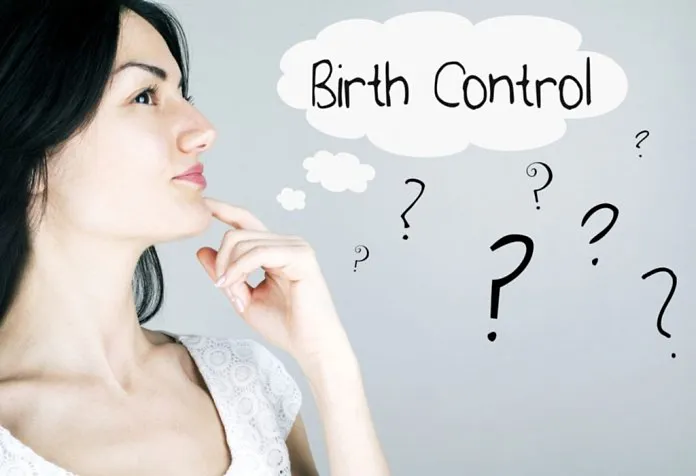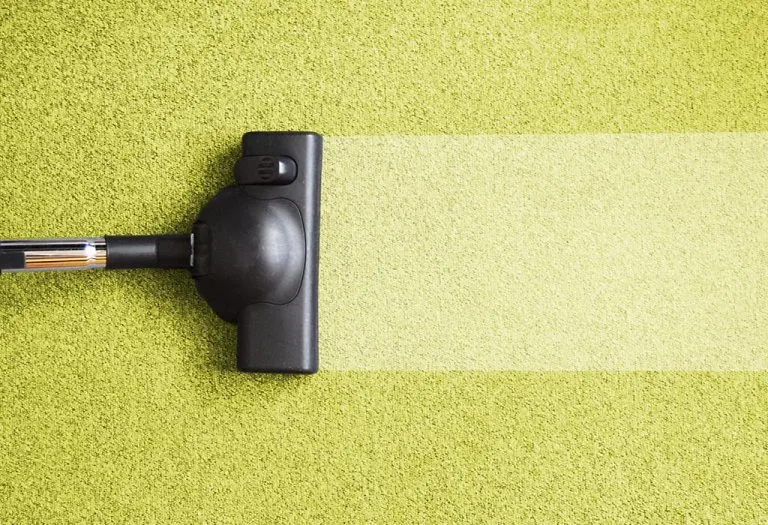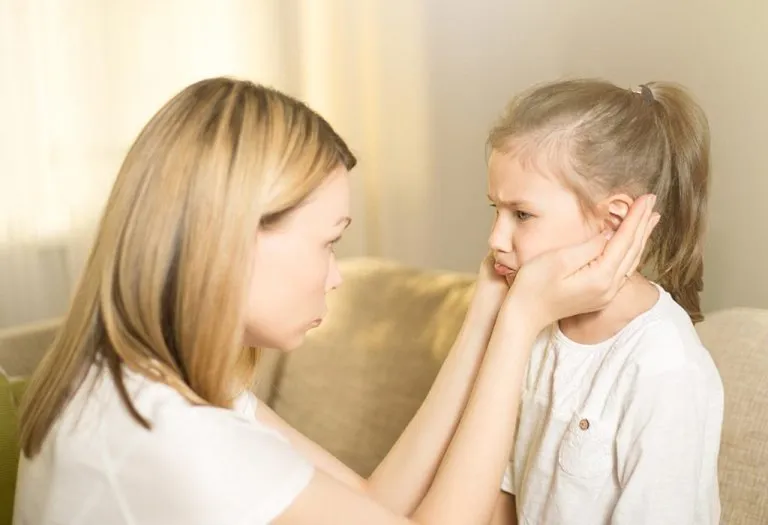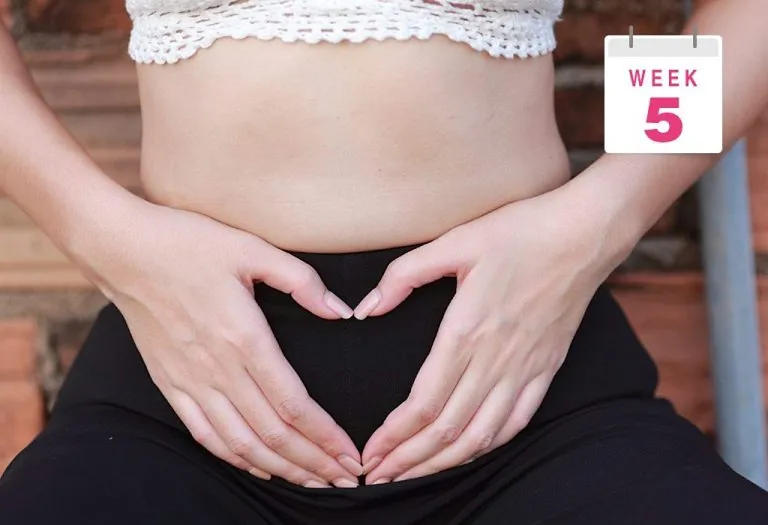How to Naturally Avoid Pregnancy: Home Remedies to Consider

Disclaimer: The content provided in the article is intended for educational purposes only and does not replace any medical advice. FirstCry Parenting does not encourage terminating or preventing pregnancy by any means. It is an individual decision and remains to be. Thus, you should contact a doctor if you have any concerns or doubts regarding any medical condition. Please refrain from replacing or disregarding professional medical advice with the information provided here.
Many couples want to have children, but only with proper planning and at a proper time. To prevent unwanted pregnancy, women often use contraceptive pills, which have adverse effects on the body in the long run. If you are going through the same thing, you might also wonder, “How to naturally avoid pregnancy?” Besides contraceptive pills, there are several home remedies to avoid pregnancy when you are just not ready. Of course, no method is 100% effective and may not work most of the time; sometimes, such methods could lead to life-threatening complications. So, it’s always best to practise safe sex as much as you can and consult a doctor before trying natural ways to prevent pregnancy after sex.
How to Naturally Avoid Pregnancy?
There are some methods of preventing pregnancy which go hand-in-hand with the human body and medical science. Nevertheless, it is advised to consult a healthcare professional for proper guidance on the best practices. Here are some commonly circulating natural remedies to avoid pregnancy:
1. Have Sex During Your Safe Period
This method provides an added layer of precaution if you already have some kind of protection in place. You can avoid the ovulation days, which usually occur two weeks before the period. A good way to go about it is to consult a fertility expert to track your ovulation days and not have intercourse on those days (1).
2. Practise the Start-Stop Method
The male partner can take care not to ejaculate inside his partner and pull out when he is about to ejaculate. This is called the pull-out method or withdrawal method (2). This method requires practice, and there’s a risk that the sperm might somehow enter the vagina. Therefore, it’s better to do this along with other proven contraceptive methods.
3. Track Your Basal Body Temperature
Once your period ends, you can start tracking your basal body temperature. When ovulation begins, the temperature starts rising and peaks on the day of ovulation. You can avoid conception if you avoid sex during this period. This method is called the Basal Body Temperature Method (3).
4. Look Out for Cervical Discharge
A woman’s body produces a transparent, jelly-like discharge in the days leading up to ovulation. Abstaining from sex during this period can prevent ovulation (4).
Other Natural Methods of Preventing Pregnancy
The following contraceptive methods are considered to be useful; however, there is no scientific evidence that they are 100% effective.
1. Papaya (Papita)
Some believe if you have unsafe intercourse, having papaya twice a day for the next 3-4 days may reduce the chances of an unwanted pregnancy. Some also believe that when the fruit is consumed by the male partner, it can reduce sperm count.
2. Ginger (Adrakh)
Ginger is believed to induce a period and prevent pregnancy. Some grated ginger boiled in a cup of water for five minutes can be strained and consumed twice a day. However, this remedy also does not guarantee results.
3. Apricot (Khubani)
Apricot is believed to prevent pregnancy naturally. Traditionally, about 100 gms of dried apricots are boiled in a cup of water with 2 tablespoons of honey. This concoction may be a great option for a beverage, but it may not work to prevent a pregnancy.
4. Dried Figs (Anjeer)
Figs promote blood circulation; however, no studies prove that eating dried figs after having unsafe intercourse can help prevent pregnancy. Also, overeating figs can cause an upset stomach.
5. Cinnamon (Dalchini)
Cinnamon is a great spice to add flavour to foods, but it is also believed to stimulate the uterus and cause miscarriage. Once again, there is no evidence that it can prevent pregnancies, cause a miscarriage and can be used as a birth control method.
6. Juniper Berries (Aaraar, Haubera)
Juniper berries also make it to the list of remedies that many believe can help prevent pregnancy. You can relish the fruit when it’s in season, but in no way is it a natural contraceptive method.
7. Asafoetida (Hing)
Drinking 1/4th teaspoon of asafoetida mixed in water to avoid a pregnancy is another midwife’s tale we do not recommend.
8. Parsley (Ajamod)
Parsley is also believed to be an effective home remedy to prevent pregnancy. However, no studies have proven that it is a mild herb.
9. Neem
Another old wives’ tale suggests injecting neem oil into the uterus to kill the sperm or taking neem tablets to promote temporary sterility in men. Again, there is no scientific proof that these remedies could work.
10. Pineapple
Some believe the properties of pineapple can prevent pregnancy; therefore, they suggest eating an unripe pineapple every day for 2-3 days after sex. Again, no study supports this myth, and the pineapple is better enjoyed as a delicious fruit in moderate quantities.
11. Buckwheat (Kuttu)
The rutin in buckwheat is believed to prevent implantation, but medical science doesn’t support this myth.
12. Wild Yam (Ratalu)
Eating a wild yam twice a day regularly for one or two months is also believed to work as a birth control remedy. But, it is just a belief and has no medical evidence that it can prevent a pregnancy.
13. Indian Turnip
Another home remedy to prevent pregnancy is to mix a teaspoon of the dried and powdered root with half a cup of cold water. You may try it if you’ve had Indian turnip before; however, do not get your hopes up, as it is not a proven remedy.
Keep These Things in Mind While Using Natural Contraceptives
There are certain things you should keep in mind when you use any of the above home remedies:
- If you’re looking for an effective way to avoid pregnancy and are considering any one of the above methods on a long-term basis, consult a gynaecologist.
- Many of the herbs and foods listed above are neither 100% effective nor 100% free from side effects. Some carry risks that may prove harmful in the long run.
- If you experience any abnormal health effects after taking the remedy, stop taking it.
- Make sure you eat healthily while taking any birth control measures.
FAQs
1. What are some non-harmful methods of contraception?
Condoms, birth control tablets as prescribed by a doctor, IUDs, cervical caps, and spermicide are among safe contraception methods if you are sexually active and plan to delay pregnancy for a while (5) (6).
2. How to prevent pregnancy after unprotected sex?
If you forget to take your birth control pills or the condom breaks off during sex, it causes unprotected sex. In such cases, emergency contraception (EC) is a birth control method to prevent pregnancy resulting from unprotected sex. It is to be taken within a certain time frame (7). According to the WHO, emergency contraception (EC) can prevent up to 95% of pregnancies when taken within 5 days after sex (8). The NHS says that an emergency IUD can offer 10 times more efficacy than emergency contraceptive pills. It is important to note that emergency contraception does not cause abortion (9).
3. What are common pregnancy symptoms?
Early pregnancy symptoms include a missed period, fatigue, mood swings, nausea, vomiting, frequent visits to the loo, and light spotting (10).
As mentioned at the beginning of the article, natural home remedies to prevent unwanted pregnancy are not as effective as condoms, contraceptive pills or other medical contraceptive devices, and there could be side effects as well. Practising safe sex is always the best option. Consulting a gynaecologist is the best way forward to prevent anything unplanned before trying any remedies so that you can proceed without anxiety or fear. After all, it’s always better to be safe than sorry. If you seem to notice unusual reactions in your body after using natural remedies, like severe stomach ache, visit the doctor without any delay.
References/Resources:
1. Fertility Awareness-Based Methods of Family Planning; ACOG; https://www.acog.org/womens-health/faqs/fertility-awareness-based-methods-of-family-planning
2. Withdrawal (Pull Out Method); Planned Parenthood; https://www.plannedparenthood.org/learn/birth-control/withdrawal-pull-out-method
3. Basal body temperature for natural family planning; Mayo Clinic; https://www.mayoclinic.org/tests-procedures/basal-body-temperature/about/pac-20393026
4. What’s the cervical mucus method of FAMs?; Planned Parenthood; https://www.plannedparenthood.org/learn/birth-control/fertility-awareness/whats-cervical-mucus-method-fams
5. Birth Control Options; Cleveland Clinic; https://my.clevelandclinic.org/health/articles/11427-birth-control-options
6. 9 types of contraception you can use to prevent pregnancy; Queensland Health; https://www.health.qld.gov.au/newsroom/features/types-contraception-women-condoms-pill-iud-ring-implant-injection-diaphragm; April 2024
7. Emergency Contraception; ACOG; https://www.acog.org/womens-health/faqs/emergency-contraception
8. Emergency contraception; WHO; https://www.who.int/news-room/fact-sheets/detail/emergency-contraception
9. Emergency contraception; NHS Inform; https://www.nhsinform.scot/healthy-living/contraception/emergency-contraception/
10. Pregnancy – signs and symptoms; BetterHealth Channel; https://www.betterhealth.vic.gov.au/health/healthyliving/pregnancy-signs-and-symptoms
Also Read:
How to Avoid Pregnancy?
How to Use the Birth Control Patch?
Best Ways to Stop Pregnancy After One Month
Natural and Safe Home Remedies for Abortion
Was This Article Helpful?
Parenting is a huge responsibility, for you as a caregiver, but also for us as a parenting content platform. We understand that and take our responsibility of creating credible content seriously. FirstCry Parenting articles are written and published only after extensive research using factually sound references to deliver quality content that is accurate, validated by experts, and completely reliable. To understand how we go about creating content that is credible, read our editorial policy here.



































